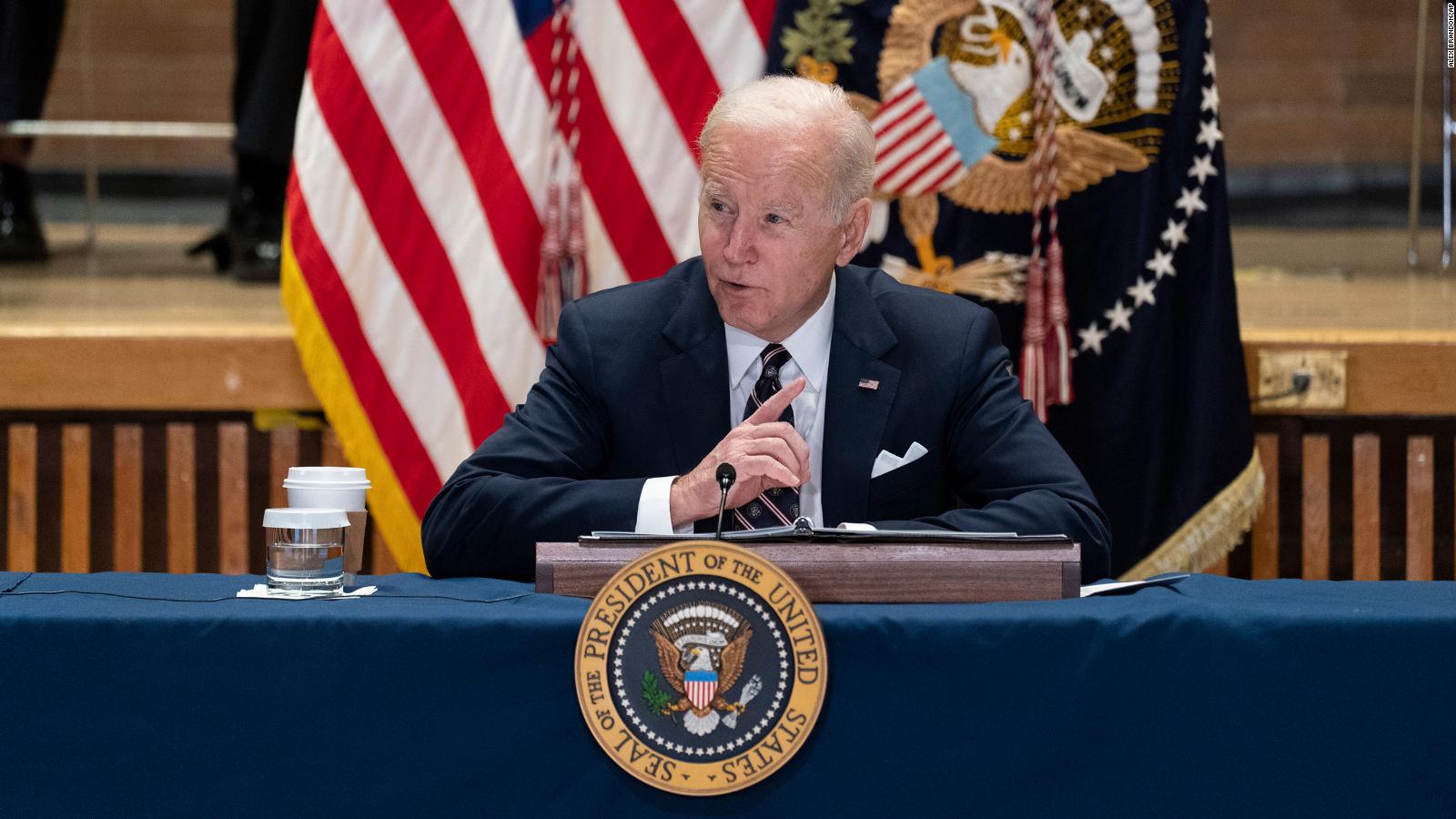Julian Zelizer - Shaping Our View Of History
When we think about the people who help us make sense of the past and, in turn, understand our present, one name that often comes up is Julian Zelizer. He is, you know, a Princeton professor who has spent a great deal of his professional life exploring the ins and outs of American political events. His work helps many people see how yesterday's decisions still shape what happens today. He is, in a way, someone who opens up the story of our country for us all.
He is more than just a teacher at a respected university; he is also someone who writes books that get people thinking. Too, he lends his thoughts to news outlets, helping a wide audience connect with important topics. He also shares his unique perspective through a newsletter, offering regular updates on what is happening in the world around us. It's almost as if he is a constant source of insights, always there to help us put things into a broader context.
So, his contributions extend far beyond the classroom walls. Whether you are reading one of his many books, catching his comments on a broadcast, or perhaps even subscribing to his thoughtful newsletter, you get a chance to consider the long view of things. He encourages people to look at the big picture, to see how events fit together over time, and that, is that, a pretty useful way to approach the news of the day.
Table of Contents
- Julian Zelizer - A Life Dedicated to History
- Who is Julian Zelizer and What Does He Do?
- How Does Julian Zelizer Share His Ideas?
- Julian Zelizer's Written Works - What Can We Read?
- What Makes Julian Zelizer's Approach Special?
- Julian Zelizer in the Public Eye - Where Can We Hear From Him?
- Why Does Julian Zelizer's Work Matter for Today?
- What About Julian Zelizer's Impact on Political Thought?
Julian Zelizer - A Life Dedicated to History
Julian Zelizer, as a matter of fact, holds a very distinguished position at Princeton University. He is known there as the Malcolm Stevenson Forbes, Class of 1941 Professor of History and Public Affairs. This particular role means he spends his days teaching and researching about how our nation's story unfolds, especially in the political arena. He has, apparently, been a significant figure in bringing American political history back into the spotlight, helping many people rediscover its importance.
His academic journey has seen him contribute to the field in profound ways. He has been recognized with various honors for his scholarly efforts, which really speaks to the quality and depth of his work. In some respects, he has carved out a special place for himself among those who study the past, making it more accessible and relevant for those of us living in the present. He is, you know, someone who makes history feel less like old stories and more like living narratives.
Beyond his university duties, he is also a prolific writer and a commentator on public affairs. He has, you could say, built a reputation for providing thoughtful perspectives on current events, always with an eye toward historical context. His dedication to sharing his insights with a broader public means that his work reaches far beyond academic circles, touching the lives of many who seek to better grasp the world around them.
Personal Details - Julian Zelizer
| Detail | Information |
|---|---|
| Name | Julian E. Zelizer |
| Primary Affiliation | Princeton University |
| Role | Malcolm Stevenson Forbes, Class of 1941 Professor of History and Public Affairs |
| Other Roles | Columnist for Foreign Policy, Author of "The Long View" newsletter (Substack), Regular Guest on NPR’s "Here and Now", Political Analyst on TV and Radio, Contributor to CNN.com, Guest Host on POTUS Sirius XM, New America Fellow |
| Key Contribution | Pioneer in the revival of American political history |
| Recognitions (Selected) | Ellis Hawley Prize (for "On Capitol Hill"), mentioned in connection with Lyndon B. Jacobs and William Novak works |
Who is Julian Zelizer and What Does He Do?
So, who is Julian Zelizer, really, and what does his day-to-day work involve? At its heart, his role is about exploring and explaining American political history. He spends a lot of time researching how past decisions, big and small, have shaped the country we live in now. He is, in a way, a storyteller of the nation's political journey, helping us see the connections between different eras.
As a professor at Princeton, he helps shape the minds of future historians and public servants. He shares his extensive knowledge with students, guiding them through the intricate details of historical events and the personalities who played a part in them. It's almost like he is a guide, leading people through the winding paths of our shared past, pointing out things we might otherwise miss.
Beyond the classroom, he is also a public intellectual, meaning he brings his scholarly insights to a wider audience. He writes for various publications and appears on broadcasts, offering his considered opinions on current affairs. This public engagement is a big part of what he does, allowing his historical perspective to inform public conversations about today's challenges.
How Does Julian Zelizer Share His Ideas?
Julian Zelizer has, it seems, many avenues for sharing his thoughts and findings. One of the most direct ways is through his writing. He has written a good number of books, each one looking at a specific part of American political history. These books are, basically, where he puts his deep research and thoughtful analysis for people to read and consider.
He also contributes regularly to various news outlets, like being a columnist for Foreign Policy. This means he writes articles that help people understand global events through a historical lens. He is, too, a regular presence on CNN.com, offering his take on political happenings as they unfold. This kind of work helps bring academic insights into everyday conversations, which is pretty important.
Then there is his newsletter, "The Long View," which he publishes on Substack. This particular platform allows him to connect directly with thousands of readers, offering them his unique perspective on current events. It's a way for him to put the news in a broader context, helping people see beyond the immediate headlines. He is, quite simply, making sure his ideas reach a lot of people in a lot of different ways.
Julian Zelizer's Written Works - What Can We Read?
If you are curious about Julian Zelizer's ideas, you will find a wealth of material in his books. He has, apparently, authored and edited quite a few, with the total number reaching twenty-seven. Each book, you know, delves into a specific area of American political history, offering readers a chance to explore different moments and movements that have shaped the nation.
For example, one of his notable books is "The Fierce Urgency of Now: Lyndon Johnson, Congress, and the Battle for the Great Society." This book, in a way, sheds light on a very important period in American history, looking at how a president worked with the legislative branch to bring about significant social changes. It helps us understand the struggles and triumphs of that time, which is pretty neat.
Other works include "Taxing America: The Struggle to Reform Congress" and, more recently, "Myth America" and "Burning Down the House." The book "Burning Down the House," for instance, explores how Newt Gingrich, a political figure, changed American politics in a lasting way. As one review put it, we live in the world Gingrich helped create, and this book tells that story in a compelling manner. He is, in short, someone who really brings these historical narratives to life for readers.
What Makes Julian Zelizer's Approach Special?
What really sets Julian Zelizer apart, you might ask, is his particular way of looking at history. He has been, in some respects, a key figure in what is called the "revival of American political history." This means he is among those who have helped bring renewed interest and fresh perspectives to how we study the political journey of the United States. He has, basically, made this field vibrant again.
His approach tends to focus on the long view, as the name of his newsletter suggests. He helps people see that current events are not isolated incidents but are, instead, part of a much longer story. This perspective is, quite simply, valuable because it allows us to understand the roots of today's challenges and opportunities, rather than just reacting to them in the moment.
He also has a knack for connecting academic research with public discourse. He does not just write for other scholars; he writes and speaks in ways that make complex historical ideas accessible to a broader audience. This ability to bridge the gap between the university and the public square is, you know, a very special quality, making his insights widely available and pretty impactful.
Julian Zelizer in the Public Eye - Where Can We Hear From Him?
Julian Zelizer is, very much, a familiar voice and face in public discussions about politics and history. You might, for example, hear him regularly on NPR’s "Here and Now," where he offers his informed opinions on the day's events. He is, too, a popular analyst who appears on various television and radio networks, helping viewers and listeners make sense of what is going on.
Beyond NPR, he is also a regular contributor to CNN.com, providing written commentary on political developments. This means his insights are available to a very wide audience online, reaching people who follow the news closely. He has, in a way, become a go-to person for many media outlets when they need someone to explain the historical context of current affairs.
He has even served as a guest host on POTUS Sirius XM, which is pretty interesting. This shows how versatile he is in sharing his knowledge across different platforms, reaching listeners who prefer audio content. So, whether you prefer reading, listening, or watching, there are many opportunities to hear from Julian Zelizer and benefit from his perspective on history and politics.
Why Does Julian Zelizer's Work Matter for Today?
You might wonder, why does Julian Zelizer's work hold such importance for us today? Well, he is, in essence, a leading scholar of American political history, and his insights help us understand the forces that have shaped our nation. By looking at the past, he helps us see how certain patterns repeat or how specific decisions from long ago still affect our present circumstances. This kind of perspective is, you know, pretty essential for making sense of things.
He is also a frequent commentator on contemporary politics, which means he applies his historical knowledge to current events. When something big happens in the news, he can often provide context by saying, "Have we ever seen this before?" or "Let's put the news in perspective." This ability to connect the past and present is, in some respects, what makes his contributions so valuable to public discourse.
His belief that contemporary history becomes the past more quickly than ever before is, you could say, a powerful idea. It means that the events happening right now are very quickly turning into history, and we need to be able to analyze them with a historical lens. He helps us do just that, offering a framework for understanding the rapid pace of change and its roots.
What About Julian Zelizer's Impact on Political Thought?
Julian Zelizer has, it is clear, left a mark on how people think about American politics. His book, "Burning Down the House," for instance, argues that Newt Gingrich truly changed American politics in a fundamental way. No one, apparently, can really argue with that idea once they look at the evidence he presents. It's a pretty remarkable story, as one newspaper described it, and it makes you think about how one person can shift the course of things.
He has also been a pioneer in bringing back a focus on American political history. This means he has helped steer scholarly and public attention back to the study of how political systems work, how decisions are made, and how power operates over time. This renewed interest is, in a way, a testament to his efforts and the quality of his research and writing.
His work on topics like national security, from World War II all the way through to the war on terrorism, shows his breadth of knowledge and his willingness to tackle big, complex subjects. He helps us see how these large historical forces have shaped the nation's direction. So, his impact is, quite simply, about helping us all gain a deeper and more nuanced picture of our political past and its ongoing influence.

CNN Profiles - Julian Zelizer - CNN Contributor - CNN

CNN Profiles - Julian Zelizer - CNN Contributor - CNN

CNN Profiles - Julian Zelizer - CNN Contributor - CNN